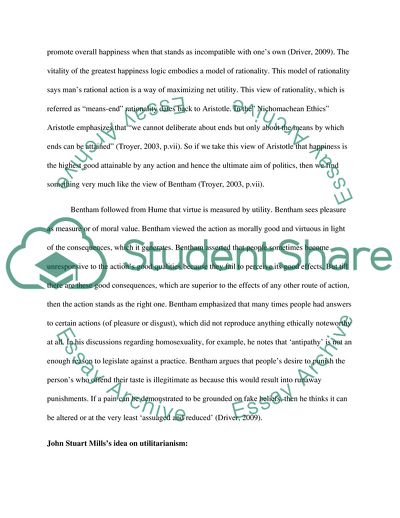Cite this document
(Utilitarianism Approach to Normative Ethics Essay, n.d.)
Utilitarianism Approach to Normative Ethics Essay. https://studentshare.org/philosophy/1776538-explain-the-concept-of-utilitarianism-paper
Utilitarianism Approach to Normative Ethics Essay. https://studentshare.org/philosophy/1776538-explain-the-concept-of-utilitarianism-paper
(Utilitarianism Approach to Normative Ethics Essay)
Utilitarianism Approach to Normative Ethics Essay. https://studentshare.org/philosophy/1776538-explain-the-concept-of-utilitarianism-paper.
Utilitarianism Approach to Normative Ethics Essay. https://studentshare.org/philosophy/1776538-explain-the-concept-of-utilitarianism-paper.
“Utilitarianism Approach to Normative Ethics Essay”. https://studentshare.org/philosophy/1776538-explain-the-concept-of-utilitarianism-paper.


